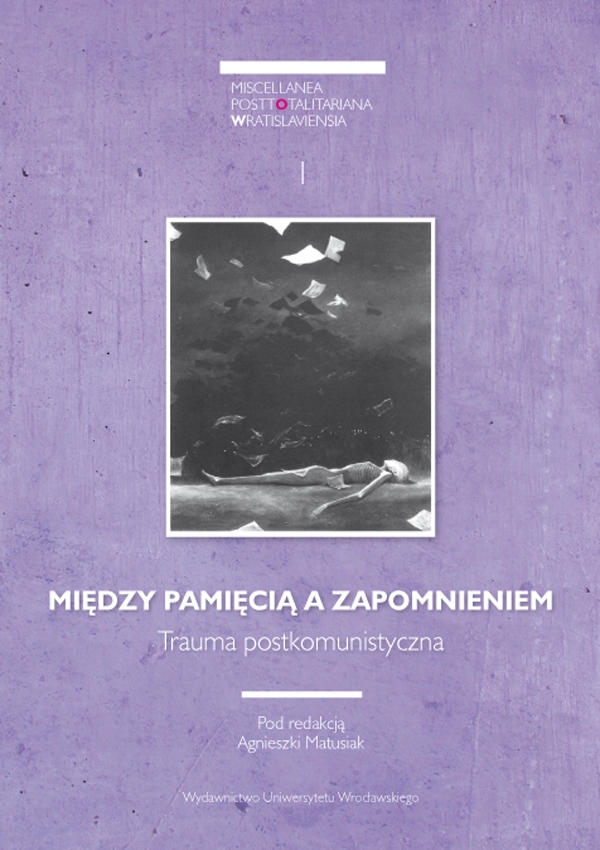

Artykuły

Post-totalitarian discourse: rhetoric, language implementation, presupposition on the material of the Ukrainian printed media of the late 90s of the 20th century — the beginning of the 21st century.
The article presents the analysis of cognitive-rhetoric, semantic mainly presuppositional and communicative-language peculiarities of the post-totalitarian discourse based on the material of radical right-wing and left-wing publications in Ukraine at the end of the 20th century — the beginning of the 21 century. Rhetoric specificity of such a discourse is its ritual monologicity; presuppositional model of the addressee is „our lot” and „enemy.” The most important communicative-language peculiar features are pseudo-equivalence, conrariety of antonymic ties, the presence of constant epithets, descriptions and expressives.
Посттоталитарный дискурс: риторика, языковое воплощение, пресуппозиции на материале украинской прессы конца 90-х годов XX века — начала XXI века
В статье на материале лево- и праворадикальных изданий в Украине конца ХХ — начала XXI века рассматриваются когнитивно-риторические, семантические преимущественно пресуппозитивные и коммуникативно-языковые особенности посттоталитарного дискурса. Риторическая особенность такого дискурса — ритуальная монологичность; пресуппозитивная модель адресата — „наш” и „враг”. Важнейшие коммуникативно-языковые особенности — псевдоэквивалентность, контрарность антонимических связей, наличие постоянных эпитетов, дескрипций и экспрессивов.